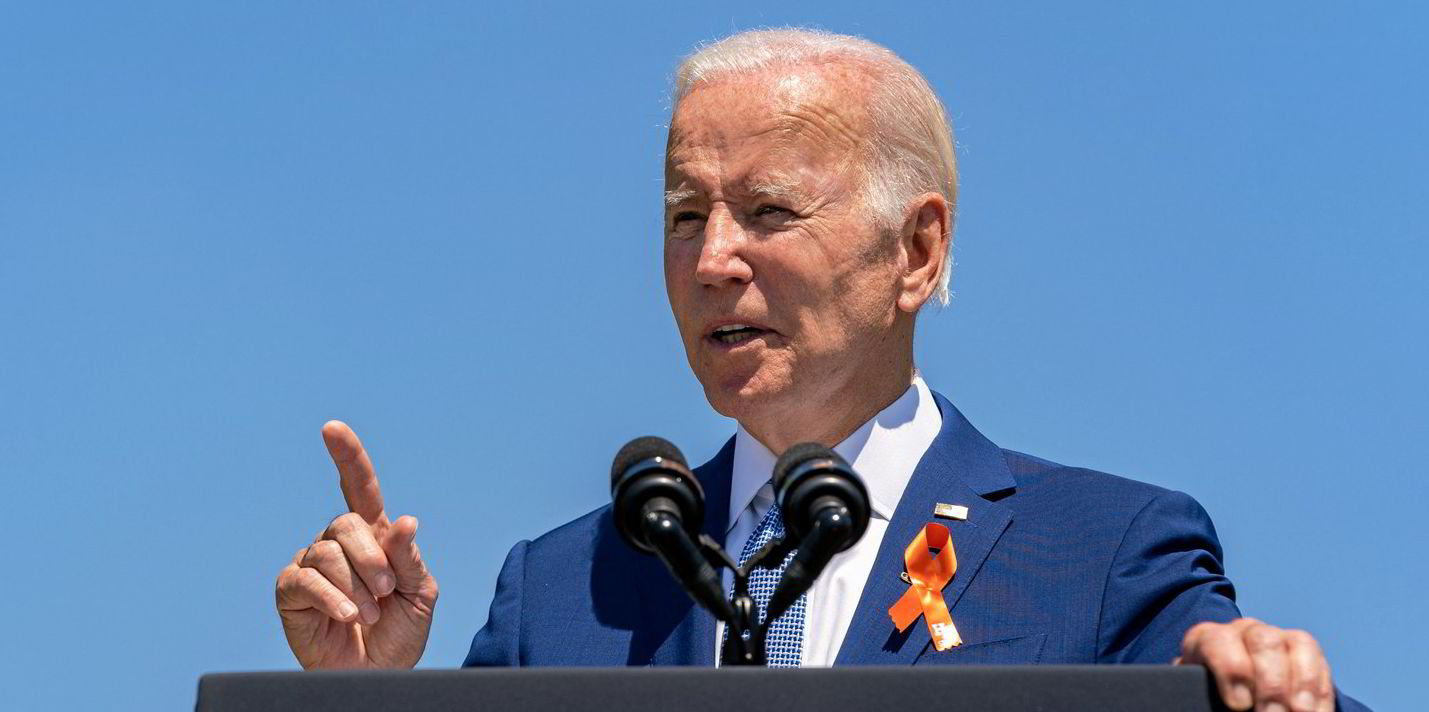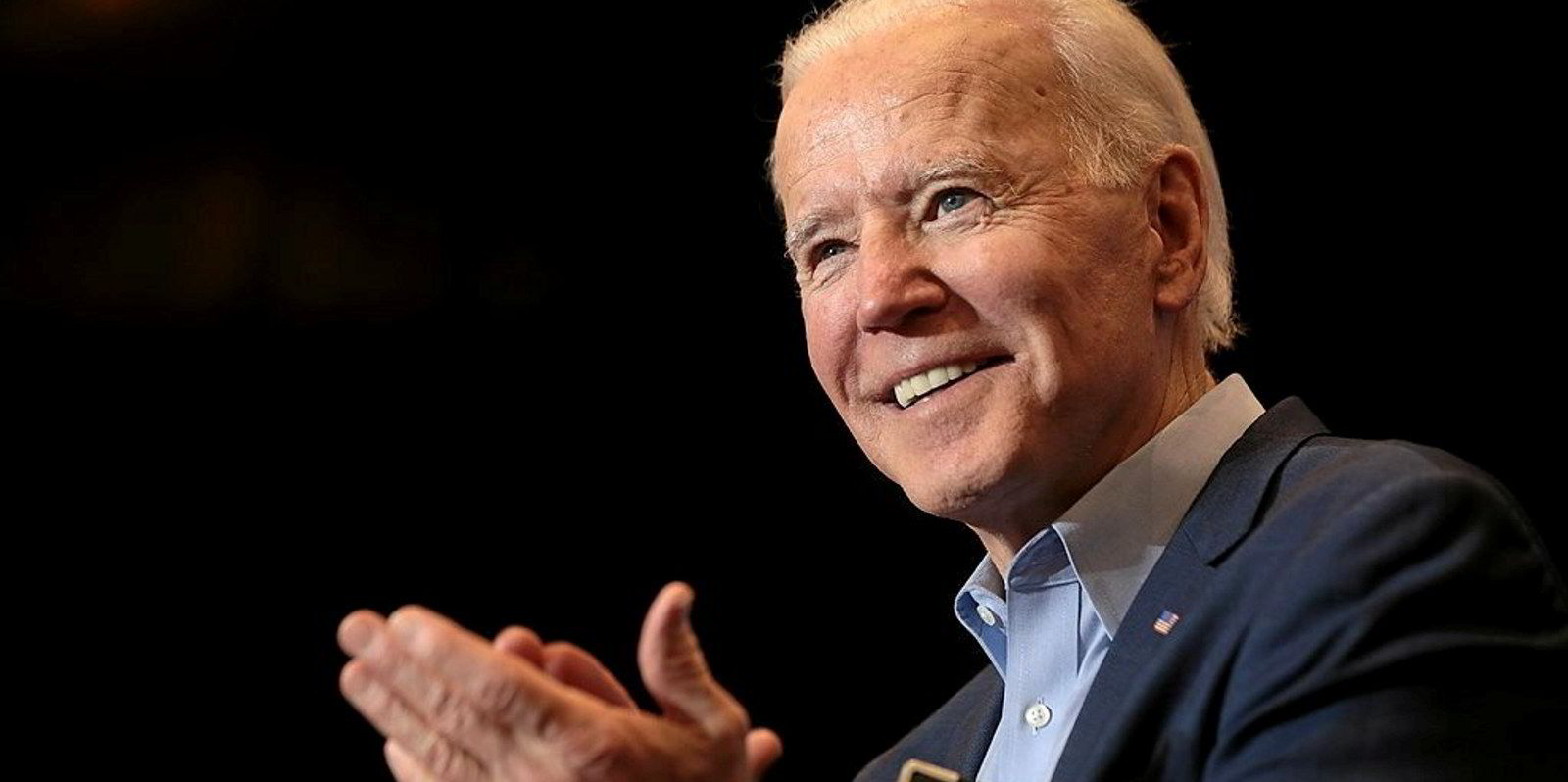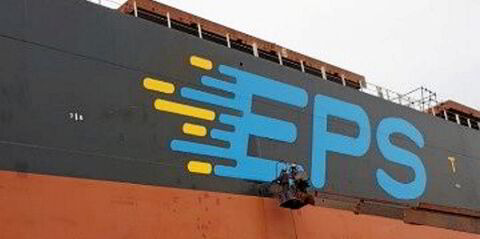President Joe Biden may have been “viscerally angry” with liner companies for making record profits, but it has not stopped the US government paying billions of dollars to these same companies in lucrative charter fees.
The US Department of Defence (DoD) recently confirmed that it was exercising charter options with 10 separate liner companies worth a total of $768m.
This means that these same liner companies will have earned over $3bn in revenue from the US government over the lifetime of these contracts.
Maersk Line Ltd, the US-flag unit of AP Moller-Maersk, has just been awarded $179m under the latest contract awards, taking the total cumulative face value of its contract to $698.2m.
American President Lines (APL), controlled by French liner giant CMA CGM, will receive an extra $179m after the option on its existing contract was exercised.
The modification brings the total cumulative face value of CMA CGM’s contract to $575.9m.
The contract extensions also saw Germany’s Hapag-Lloyd awarded a further $58.8m, taking the total cumulative face value of its contract to $229.4m.
Domestic carriers American Roll-On Roll-Off Carrier, Matson Navigation Co, Farrell Lines, TOTE Maritime Alaska and TOTE Maritime Puerto Rico and Schuyler Line Navigation Co also had contract extensions exercised, earning them additional revenue of $88.4m, $74.9m, $65., $20.5m, $14.7m and $12.8m, respectively.
Collectively, these same domestic carriers will have earned closed to $1.5bn over the lifetime of these contracts.
The DoD said the option period runs from 1 September 2022 to the end of August 2023 for work carried out on a worldwide basis.
US Transportation Command, directorate of acquisition, Scott Air Force Base, Illinois, was the contracting party.
US military charters of commercial tonnage are typically done among a small circle of specialist US-flag owners. They enjoy plum rates for working closely with their specialised and demanding customer.
President Biden was quoted as saying earlier in June that record profits earned by liner operators amid rising consumer prices made him “viscerally angry — like if you had the person in front of you, you want to pop them”.
“These companies have raised their prices by as much as 1,000%,” he said, noting that the liner operators are “foreign-owned” and posted a sevenfold increase in profits last year.
He has now signed the Ocean Shipping Reform Act into law, although it is much maligned in the liner sector.
The new rules give the Federal Maritime Commission power to initiate investigations into the practices of shipping companies on its own, force liner operators to establish service standards, outlaw unreasonable refusals to carry US goods, and forces carriers to justify detention and demurrage charges.
Days later AP Moller-Maersk chairman Robert Maersk Uggla spoken out against criticism of the container ship industry by Biden arguing that the problem lay elsewhere.
He pointed out that container import volumes to the US are up 35% compared to pre-Covid levels, partly driven by a big stimulus program.
Carriers have responded by moving massive amounts of capacity into the Pacific, he said. In Maersk’s case, the group now has 50% more teu capacity there than before the pandemic.





